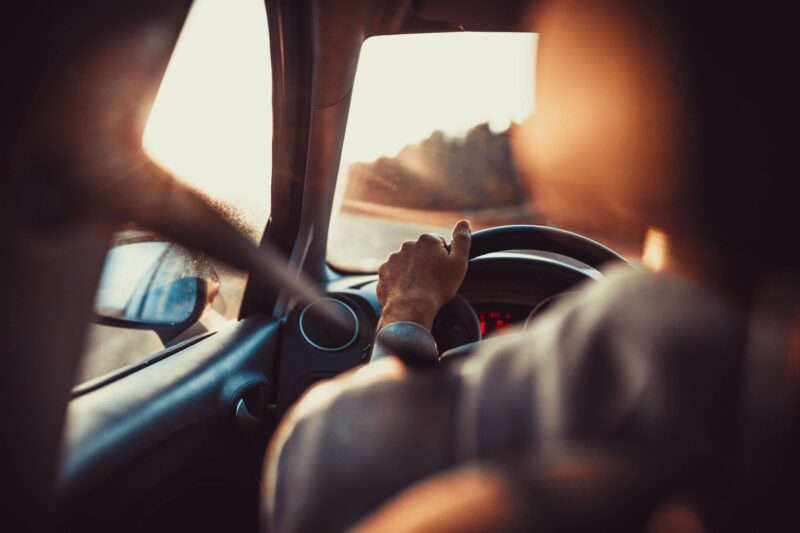If you’re a teenager, there is probably plenty on your mind. You likely realize that you must get good grades, or you won’t get into your first choice of colleges. You may think about things like who you’re taking to prom.
At fifteen, you can start learning how to drive. When you turn sixteen, if you feel comfortable, you can take your driving test. If you pass, then you can drive legally. Maybe your parents will give you their old car if you promise that you’ll obey all traffic laws.
You should follow some tips to stay on the road once you have your license. We’ll run through some of those right now.
Get a Mechanic to Inspect Your Car Periodically
Safety inspections reduce the risks of car accidents. That’s true for teenagers and also drivers of any age. Many states require yearly inspections, so get your car to a mechanic when the time comes.
You’ll know that your car needs an inspection by looking at the date of the sticker on the windshield. During the yearly inspection, if your vehicle passes, the mechanic will put that sticker on the windshield so you can monitor that for next time.
Don’t Drive in Bad Weather
Bad-weather driving presents certain challenges. If you’ve only driven on clear days with plenty of sunshine, you might feel intimidated if you drive in a pouring rainstorm for the first time.
Teens must drive in bad weather at some point, but if it’s snowing heavily, it’s foggy, or there’s some other weather situation that causes poor visibility, you might reconsider driving unless you have no other choice. Instead, you can take the bus or some other public transportation method.
If you must drive when there’s bad weather happening, go five miles below the speed limit and stay alert. Driving slowly and carefully should get you to where you’re going safely.
Don’t Let Anything Distract You
Letting something distract you while you’re driving can endanger you and those around you. Teens sometimes let the music on the radio distract them. Maybe you’re adjusting the radio to find a song you like, or perhaps you’re adjusting the car’s temperature controls.
You might look at the rearview mirror to adjust your makeup or fix your hair. Possibly you’ll get some food at a drive-through and let that distract you.
Any of those behaviors might cause a wreck. You probably promised your parents that you’d keep your eyes on the road when you got your license. Keep that promise and make your parents proud of you.
Don’t Speed
You should also obey the speed limit at all times. You might like showing off if you have some friends in the car with you. Maybe you like speeding when you get on the highway. It might thrill you to see how fast the vehicle can go.
If you do that, you risk getting a ticket if the police catch you, but you also risk crashing the vehicle, and that’s much worse. A pleasant drive can turn deadly if you show off. Stick to the speed limit and get where you’re going safely, even if you arrive a little later than you otherwise would.
Don’t Drive When You Feel Tired
Maybe you put in a long night of studying. Perhaps you have a big test one morning, and you didn’t get much sleep. Maybe that test accounts for most of your grade that semester.
You might have a car and your license now, but if you’re exhausted, you shouldn’t drive. Instead, you can get a ride from a parent or take the bus or train. If you drive, at least have a drink with some caffeine to wake you up. You don’t want to risk falling asleep at the wheel.
Use the Car’s Safety Features
You should always wear your seatbelt when you drive. Make sure to use the vehicle’s rear backup camera if it has one. All of the newer model vehicles have one, but some of the older ones don’t.
Use your turn signals if you’re turning from one street onto another or if you’re changing lanes. Turn on your lights in the morning before the sun rises, and use them at night as well. You should also use them in the rain or in foggy conditions.
The more you drive, the more experience you will get. You will learn about driving in any conditions, and you’ll get better.

